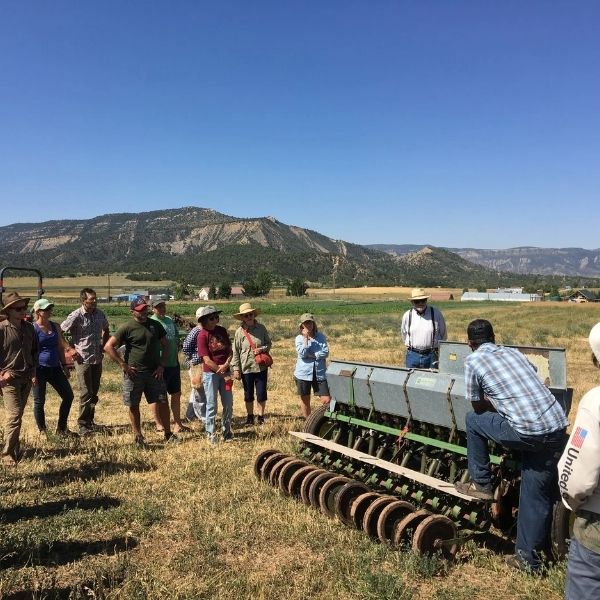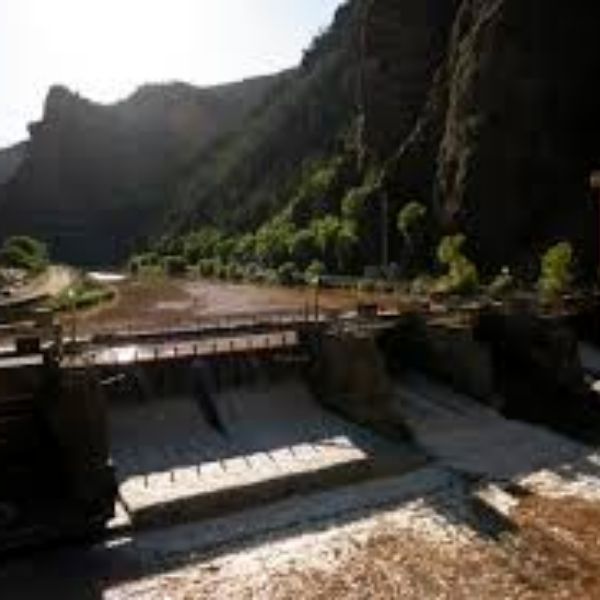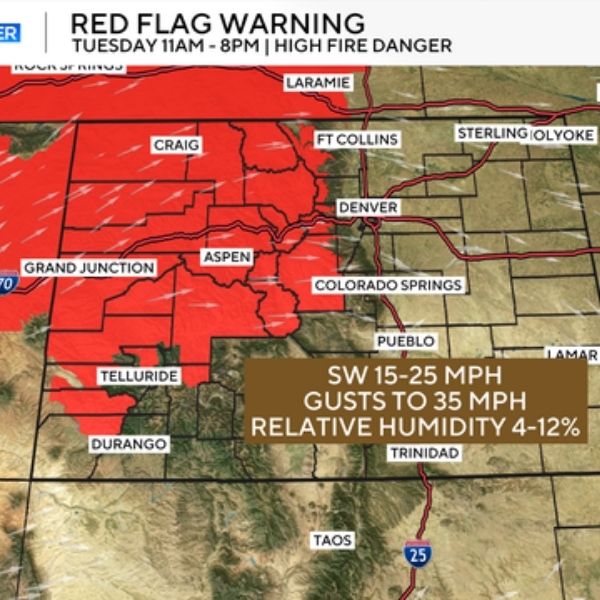Colorado’s efforts to expand its soil health program have taken a major hit after the federal government pulled millions in funding from a key climate-focused grant.
Launched in 2021, the state’s soil health program was designed to help agricultural producers adopt practices that improve soil quality, increase crop yields, boost water efficiency, and enhance nutrient density. But in April, the Colorado Department of Agriculture learned it would lose its primary funding source— a $25 million grant awarded in 2022 through the U.S. Department of Agriculture’s (USDA) Climate Smart Commodities program.
The Biden-era program was terminated by the current administration, with Agriculture Secretary Brooke Rollins calling it “largely built to advance the green new scam at the benefit of NGOs, not American farmers.”
The USDA introduced a new grant program, Advancing Markets for Producers, which included stricter eligibility guidelines. Under these new rules, Colorado’s soil health program no longer qualified for funding.
The $25 million grant had been the backbone of the state’s soil health efforts, supporting program staff, research through six intermountain universities, and nearly 50 subcontractors—including conservation districts—that helped get funding and resources to local producers.
By the time the funding was withdrawn, the state had spent about $8 million of the grant.
“This decision is having damaging impacts for Colorado farmers and ranchers and their critical work to advance producer-led soil health practices,” said Olga Robak, communications director for the Colorado Department of Agriculture. “The cuts also led to broken trust between the department and its partners, including producers who were relying on this grant as they entered the growing season.”
The loss of funding has had a ripple effect across the program’s subcontractors, many of whom were forced to cut staff. While the department itself avoided layoffs, the reduced funding severely limits its ability to provide technical assistance and incentive payments—both essential to encouraging adoption of soil health practices.
The department is now working to bridge the gap with limited state and one-time grant funding. It has:
-
A $300,000 appropriation from the state’s general fund
-
Three one-time grants totaling $1.3 million
-
$3 million in ongoing funding through the Agriculture Stewardship Tax Credit program
Despite these efforts, Robak said the loss of federal support is a major setback.
“This funding cut was a major blow to further understanding the effectiveness of these practices and will slow their widespread adoption,” she said. “Soil health practices reduce operational costs and help farmers and ranchers build resilience against drought, climate volatility, and market instability. They also offer ecosystem benefits for all Coloradans, including better air and water quality and improved wildlife habitats.”
The Colorado Department of Agriculture is continuing to search for additional funding to keep the program alive and ensure long-term sustainability.
This article has been carefully fact-checked by our editorial team to ensure accuracy and eliminate any misleading information. We are committed to maintaining the highest standards of integrity in our content.

Katie is a senior who has been on staff for three years. Her favorite type of stories to write is reviews and features. Katie’s favorite ice cream flavor is strawberry.















Leave a Reply